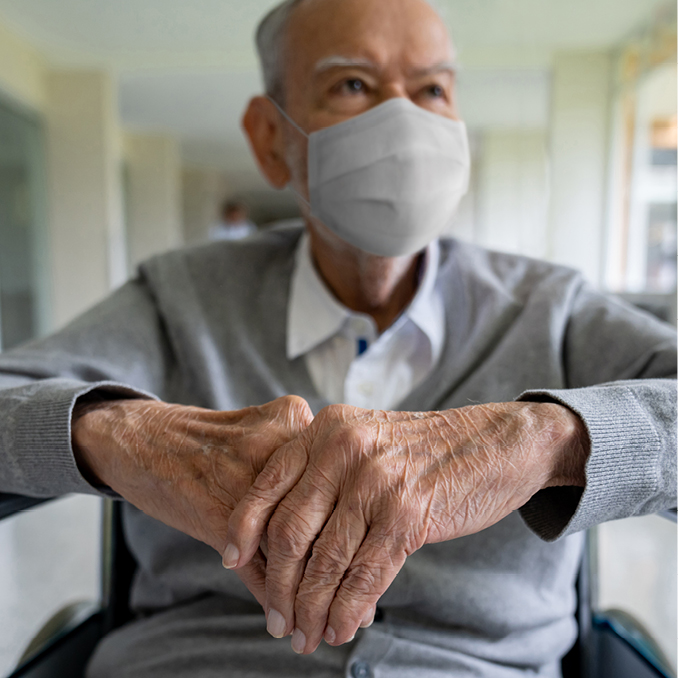COVID-19 Impact on Vulnerable Communities
At long last, when it comes with dealing with the COVID-19 pandemic, we may be seeing light at the end of the tunnel. Thanks to heroic efforts by scientists in our pharmaceutical industry, we have effective vaccines. Healthcare providers throughout the world have learned, through the painful experience of the past year, how to better treat COVID patients to mitigate symptoms and save lives.
There is cautious optimism that the spring and summer months may see a gradual return to normalcy. That’s the glass half-full view.
On the other hand, for many, the impact of COVID will linger considerably longer. Millions of essential workers in the service and hospitality industries remain jobless. The most vulnerable populations continue to suffer. Incidents of domestic violence are on the rise. Alcohol use has increased.
Fortunately, the recovery of the social safety net over the last half year has bolstered services for at-risk populations. In the early months of the pandemic, Franciscan stepped in to help local agencies crippled or shuttered by the virus. Franciscan provided family kits to help families cope with the stress of being at home, provided food and hygiene supplies to Indianapolis’ large Burmese refugee community, and provided water bottles to school children so they could stay hydrated while their school water fountains were shut off.
Kate Hill-Johnson, administrative director of Community Health Improvement for Franciscan Health, says community social wellness agencies have regained their footing and have resumed providing the services they do best. That frees Franciscan to refocus its attention on some of the long-term health issues, which have only become more profound in vulnerable communities.
“COVID exasperated many of the social and health stressors that vulnerable populations have always faced,” Hill-Johnson says. “Increased alcohol use is of particular concern because drinking is deemed socially acceptable, it is readily available as opposed to illicit drugs, and its abuse leads to other damaging behaviors such as broken families and domestic violence. In 2018 we were already seeing increased alcohol abuse, even in wealthier communities. COVID exacerbated this problem dramatically.”
Franciscan also anticipates issues for some groups in accessing the COVID vaccine. Those living in impoverished areas or rural communities may not have the same access that those living in healthy urban communities enjoy.
Franciscan has some experience in the area of vaccine distribution, participating last year in the Healthy Indiana vaccine initiative to provide vaccines for school-age children (because local doctors’ offices were closed due to the pandemic). That experience informs future plans, which may emphasize bringing vaccines to at-risk communities instead of asking them to “come to us.”
“The list of issues damaging to embattled communities was long and COVID made things considerably worse,” Hill-Johnson says. “While we hope for continued progress on the pandemic front, there remains much to be done to help those most at risk.”
GIVE NOW

